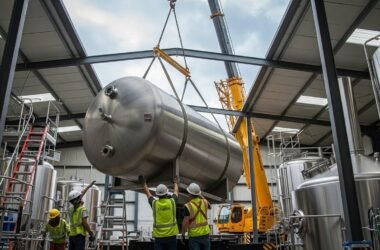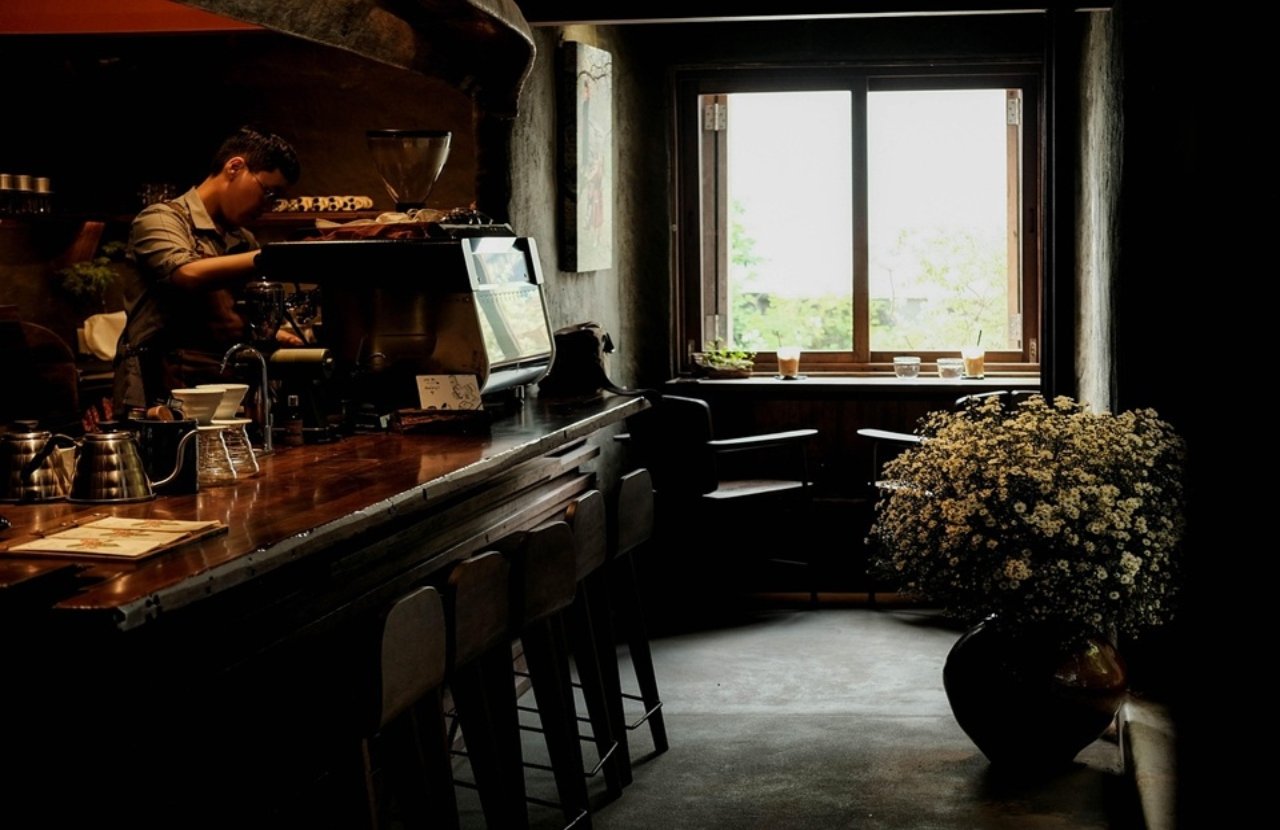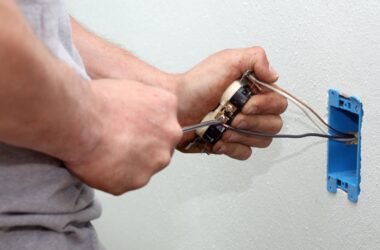A well-poured espresso may look simple in the cup, but getting there is anything but straightforward. The grind can shift with humidity, milk behaves differently depending on temperature, and even the pressure of a tamp will alter the pour. For anyone serious about coffee-making, mastering these variables is the difference between an inconsistent shot and a perfect espresso every time.
That’s why structured training is so valuable. An accredited coffee course gives you the chance to understand these elements in a controlled setting. In a professional barista workshop, you’ll see firsthand how small adjustments to grind, dose, or water temperature can transform extraction, milk texture, and overall flavour balance. This foundation helps ensure every cup meets the high standards expected in cafés, restaurants, and hospitality venues.
Why a Barista Workshop Builds Core Skills
Crafting espresso-based drinks requires precision and attention to detail. A grinder set perfectly for a cool morning might suddenly run too fast in a humid afternoon service. Knowing how to correct that on the fly is a skill worth mastering, especially in a busy café where every second matters. A barista workshop equips you to read these variables, troubleshoot quickly, and maintain consistency without hesitation.
This type of training is more than just making coffee; it’s also about building transferable hospitality skills. For aspiring baristas, the workshop lays the groundwork for progression into supervisory or head barista roles. Managing a coffee station, coordinating with team members, and ensuring service flow are all skills developed in these sessions.
Equally important is feedback. Repetition with expert guidance allows you to spot and correct habits early. For example, you may discover you’re holding the jug too high while steaming, creating dry foam unsuitable for latte art. Trainers will demonstrate how a simple shift in jug position and angle improves microfoam texture, giving you milk that blends seamlessly into espresso for both taste and presentation.
Learning by Doing
Theory matters, but nothing replaces the tactile feel of handling equipment. Locking in a portafilter, sensing when milk reaches the right temperature, or recognising the flow rate of a good extraction are experiences you can’t fully learn from a book.
In a hands-on barista workshop, you’ll practise:
- Dialling in the grinderfor consistent shots.
- Timing extractionsto avoid sour or bitter notes.
- Texturing milkfor flat whites, cappuccinos, and lattes.
- Managing workflowso the bench stays clean and efficient under pressure.
These tasks, repeated until they become instinctive, give you the foundation to deliver coffee with both speed and quality.
How a Barista Workshop Prepares You for Service
Making one drink well is valuable; replicating it dozens of times during a busy rush is essential. A good barista course recreates real service conditions, challenging you to produce multiple orders quickly while maintaining high standards.
For instance, you may be tasked with making three flat whites, a long black, and a cappuccino in under four minutes. This teaches you how to sequence tasks: grinding while steaming, wiping down between drinks, and lining up cups in the correct order. With practice, this rhythm becomes second nature, helping you deliver beverages promptly without compromising consistency.
Understanding the Café Environment
Being a barista is about more than pouring shots. A workshop also introduces you to the broader café environment. You’ll learn to:
- Read and prioritise dockets at a glance.
- Coordinate with a till operator or floor staff.
- Manage customer flow during busy service.
Trainers often share practical tips they’ve picked up in cafés themselves. For example, letting milk rest briefly before pouring can help microfoam stabilise, while judging an espresso’s flow rate by eye can save you from serving under- or over-extracted coffee. These seemingly small insights make a noticeable difference in both efficiency and product quality.
Building Confidence Through Repetition
Confidence in coffee-making doesn’t happen overnight; it comes through practice and familiarity with the subtle cues of the process. A workshop provides the time and guidance needed to develop this confidence.
Before long, tamp pressure becomes instinctive, you can identify extraction colour changes immediately, and you’ll recognise the sound of milk reaching perfect texture by ear alone. These sensory markers are what separate beginners from baristas who can confidently handle the demands of peak service.
Put Your Training Into Action
For anyone looking to move from home brewing to professional coffee-making, enrolling in a barista workshop is a direct path forward. Look for training that blends theory with plenty of hands-on practice, ideally through an accredited coffee course.
With the right foundation, you’ll leave ready to work confidently on a commercial machine, producing espresso with the speed, consistency, and quality that customers expect and café managers rely on. Whether your goal is landing your first café role or advancing to a senior barista position, the skills learned in structured training provide a launchpad for your career in hospitality.








